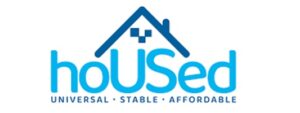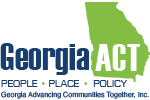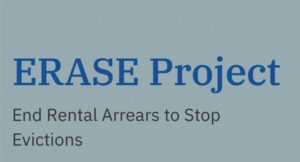Federal Housing Advocacy Issues

Together, we will advance anti-racist policies and achieve the large-scale, sustained investments and reforms necessary to ensure that renters with the lowest incomes have an affordable place to call home. More than ever, bold policies are needed to ensure that people with the lowest incomes and the most marginalized people have a stable, affordable home:
- Bridge the gap between incomes and housing costs by expanding rental assistance to every eligible household.
- Expand and preserve the supply of rental homes affordable and accessible to people with the lowest incomes through the national Housing Trust Fund.
- Provide emergency rental assistance to households in crisis by creating a national housing stabilization fund.
- Strengthen and enforce renter protections.
- Georgia ACT Lived-Experience Leadership Program Pilot Test. Leadership training for individuals with present or past housing insecurities
For more information, visit the National Low Income Housing Coalition’s hoUSed Campaign for Universal, Stable, and Affordable housing.
NLIHC/Georgia ACT is asking Emergency Rental Assistance Program (ERAP) administrators to ensure that ERAP is visible, accessible, and preventive:
- Visible: Conduct equitable and robust marketing and outreach efforts to ensure that all landlords and low-income renters know about the Emergency Rental Arrears Program (ERAP) and how to access it in their community.
- Accessible: Support access to and disbursement of financial support to landlords and tenants by ensuring an accessible, streamlined, and low-barrier ERAP application process.
- Preventive: Prevent housing displacement by creating formal partnerships with state and/or local courts to support eviction prevention and eviction diversion in coordination with ERAP.
For more information, visit the National Low Income Housing Coalition’s ERASE Project.

